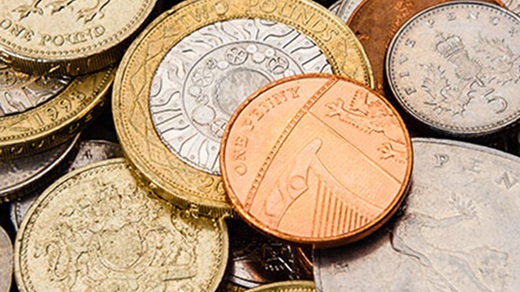What do I do if I get a counterfeit banknote?
Counterfeit banknotes are rare and also worthless.
We cannot reimburse you for counterfeit banknotes. If you suspect that you have a counterfeit banknote, please take it to your nearest police station. The police should fill out an NCO-1 form and provide you with a receipt and incident number. The suspect notes will be sent to the National Crime Agency and if counterfeit to the Bank of England for further examination.
If you have information about someone making, selling or using counterfeit banknotes, please contact the police or phone Crimestoppers anonymously on 0800 555 111.
We are aware of a small number of online accounts claiming to provide counterfeit banknotes – often these are cases of deceptive fraud (scams), even where they show images or video. These ‘adverts’ may be seen on social media, marketplaces and forums. You should never attempt to purchase any of these items. If you see counterfeit banknotes being advertised online, please report this to the hosting website’s dedicated reporting team (as listed on the hosting website’s help page). By reporting such activity directly to the website host, you can help reduce this type of online activity.
Counterfeiting directly funds organised crime. It hurts the UK economy by creating losses for businesses, which ultimately affects the cost of things that we buy. It also affects the pocket of anyone who receives a counterfeit note, as they are worthless. If you report counterfeiting to the police, you are helping with investigations and alerting them to a problem in their area. This means that they can take action to protect your community.

